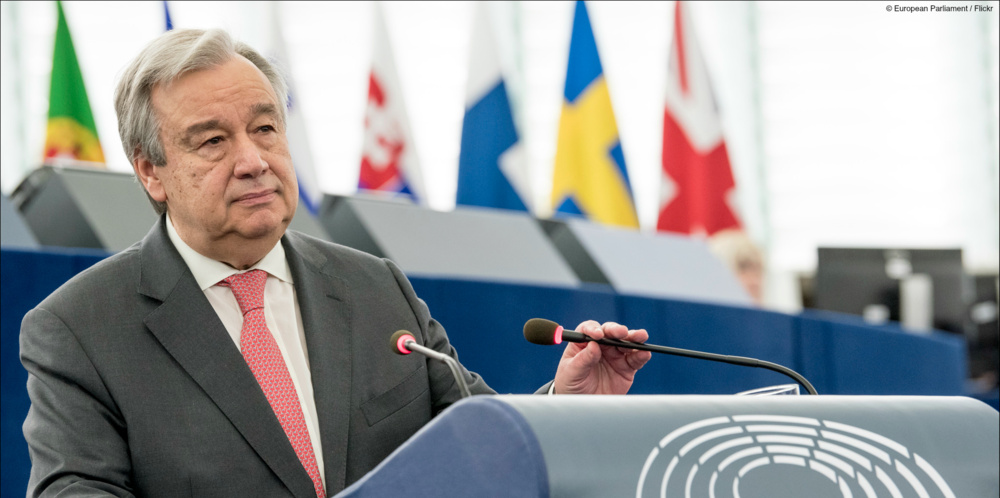
UN Refugee Agency Chief opens landmark meeting with call for protection for climate refugees
More than three and a half years ago the UN High Commissioner for Refugees, António Guterres, was quoted as saying that climate change represented one of the “main drivers” of forced displacement. He highlighted the link between the impact on the environment and an increase in extreme poverty and conflict.
And this week, at a landmark UN Refugee Agency ministerial meeting, he was forced to admit that, “while the nature of forced displacement is rapidly evolving, the responses available to the international community have not kept pace.” Opening the largest conference of its kind in the UN Refugee Agency’s 60-year history, Guterres drew the world’s attention to the growing number of people uprooted by natural disasters and losing their livelihoods to desertification.
Today, the number of people displaced by climate-related natural hazards (storms, flooding) outnumber refugees fleeing persecution and conflict three to one. Yet these people are still not officially recognized and there is no agency, institution or piece of legislation mandated for their protection. Without recognition, there can be no coordinated, rational, international response to situations where people are displaced in this way.
“These persons are not truly migrants, in the sense that they did not move voluntarily.” Guterres said. Some of the world’s poorest and most vulnerable people stand to be first and worst affected by climate change.
Countries that are least culpable for climate change are paying the ultimate price. With every day that passes, and no agreement is reached at the UNFCCC climate summit in Durban, the urgency of which a response to environmentally-induced displacement is needed increases.
The humanitarian disaster in East Africa demonstrates that ad hoc responses to disasters cannot protect those affected. Long-term planning and funding for adaptation are essential. A new, legally-binding, global framework for climate refugees must be agreed by states in order to secure their recognition and protection.
SIGN UP FOR OUR EMAILS AND STAY UP TO DATE WITH EJF